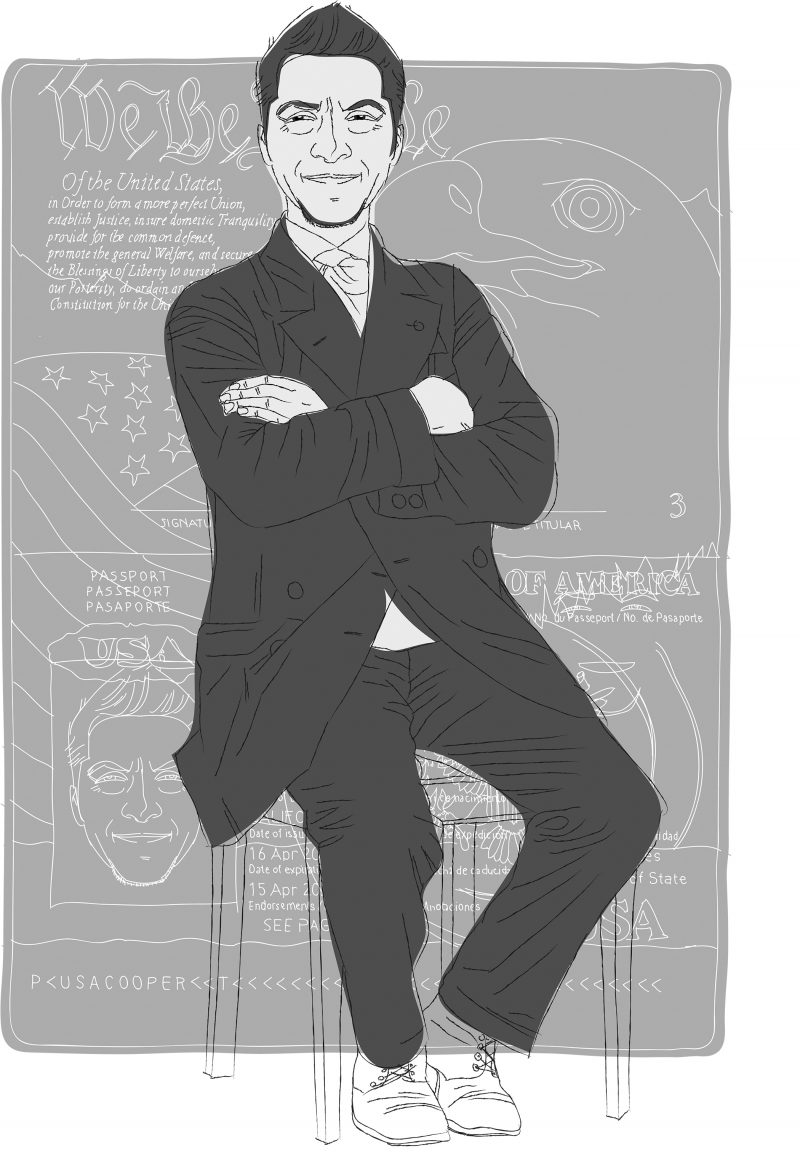I. WWDD?
After I read his memoir, Half a Life, I mentioned to the author Darin Strauss that I was thinking about writing about my “thing,” the way he wrote about his “thing”—the one thing that defines most of us (whether determined by others or by ourselves). He wrote me this: “As for what you write next: if you don’t want to write that, don’t. It seems wildly personal, and so if you feel uncomfortable, listen to that. This book took twenty-eight years for me to even start. But thanks for being so nice about it.”
So What Would Darin Do? He managed to wrestle his thing out of himself. But he also said I could wait on my thing. Or not do it at all. Somewhere therein lay perhaps just the permission I needed to type, or not type, the roman numeral I above, and begin to find out whether I even could.
I don’t really want to write about this thing of mine, but I think I might have to—to stop it from being my thing. If that’s possible. I could certainly regret it later, like I’ve regretted candor on a few distinct occasions in the past.1 It’s just that nowadays, one’s candor and the resultant exposure can end up hanging around forever for people to pick through. My kids, for example, who in five or ten years can and probably will get on the Internet to read all they can about the subject. One Google search, and something my wife and I have taken great pains and sensitivity and a bunch of time and effort to explain and share with them in the safe, accepting, and loving environment of our household could be unraveled in an instant. Because when one’s candor is filtered through another human being, especially one with a little more power,2 the results can be devastating. So I suppose this essay is an attempt to be my own filter, leaving me nobody to blame but myself when it all goes pear-shaped.
Well, me and Darin Strauss. A difference being, his “secret” (at eighteen, having been involved in an auto accident that left a teen girl dead) was something he could (and did, successfully) hide for many years after leaving home. I cannot reliably hide that I was not always the man I am today. Certainly, when I meet people for the first time, most do not know my “secret” (or, more accurately, my past, which many confuse with a “secret” if they’re not being told all of your business immediately upon making your acquaintance). But there will always be people whose history has paralleled...
You have reached your article limit
Sign up for a digital subscription and continue reading all new issues, plus our entire archives, for just $1.50/month.
Already a subscriber? Sign in





